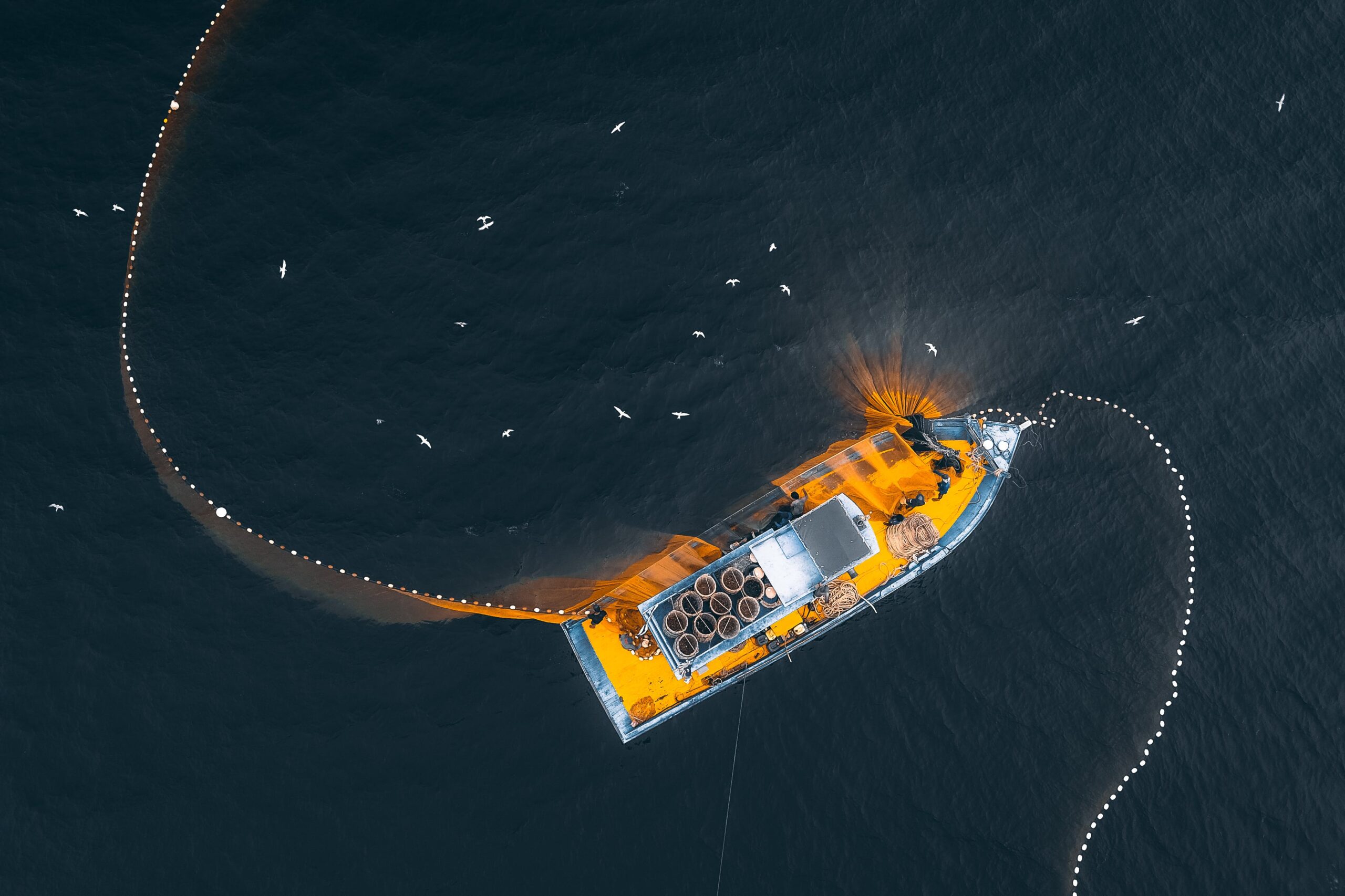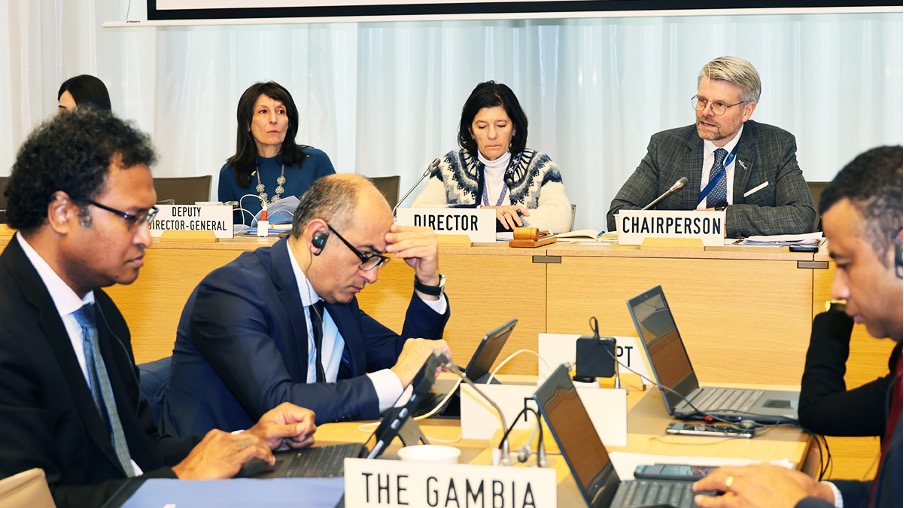Fisheries scientists and marine biologists are calling on the World Trade Organization (WTO) to approve additional regulations that eliminate harmful fisheries subsidies.
In a commentary published in the journal npj Ocean Sustainability over 30 renowned researchers remind the WTO that well-managed wild fisheries are pillars supporting food and nutrition security, livelihoods, equity, and cultural heritage, particularly in the Global South, and call on the intergovernmental body to conclude fisheries subsidies agreement negotiations and craft the supplementary regulations essential for lasting sustainability and equity in the ocean. The commentary’s lead author is Dr. Rashid Sumaila, Head of the University of British Columbia’s Economics Research Unit and member of Sea Around Us advisory board.
What are harmful subsidies?
Harmful subsidies are direct or indirect financial transfers from public entities to fishing companies. They include fuel subsidies, non-fuel tax exemptions, access deals that allow one country to fish in the waters of another, boat construction, renewal and modernization support, and the provision of market and storage infrastructure, among others. These harmful subsidies enable fishing capacity to increase to a point where the exploitation of fish stocks exceeds the highest catch they can support long-term, effectively resulting in overfishing.
Photo: Pok Rie/Pexel, CC BY-SA
Historic agreement
In 2022, the WTO achieved a significant milestone by adopting a fisheries subsidies agreement aligning with strong recommendations from the global scientific community.
Adopted by consensus at the WTO’s 12th Ministerial Conference (MC12) held in Geneva on 12-17 June 2022, the Agreement prohibits support for illegal, unreported and unregulated (IUU) fishing, bans support for fishing overfished stocks, and ends subsidies for fishing on the unregulated high seas. Fifty-five WTO members have formally accepted the Agreement — this is 50% of what is needed for the Agreement to come into effect (two-thirds of the WTO membership). The list of members that have deposited their instruments of acceptance of the Agreement is available here.
Deputy Director-General Angela Ellard of the WTO stated at a recent preparatory meeting for the 13th Ministerial Conference (MC13): “The world is expecting us to deliver on this very important file.”
“In addition to delivering the second wave of negotiations, we hope that the Agreement on Fisheries Subsidies will enter into force by MC13 as well. We know that many members are working hard to deposit their instruments before MC13,” DDG Ellard said.
WTO members endorse draft text as basis for work towards MC13. Photo: WTO
Too little, too late
“Unfortunately, while this agreement is historic, it is narrow. It only prohibits member governments from financing illegal fishing activities and the exploitation of already overfished stocks. But it’s obvious illegal fishing should be banned and the focus on overfished stocks is too little, too late,” scientists Vania Andreoli, Dirk Zeller and Jessica Meeuwig, co-authors of the npj Ocean Sustainability, wrote in a The Conversation article.
The researchers call on World Trade Organization member countries to take more decisive action to eliminate harmful subsidies at the 13th Ministerial Conference (MC13) that will take place from 26 to 29 February 2024 in Abu Dhabi, United Arab Emirates.
The full journal article in npj Ocean Sustainability can be read here.

